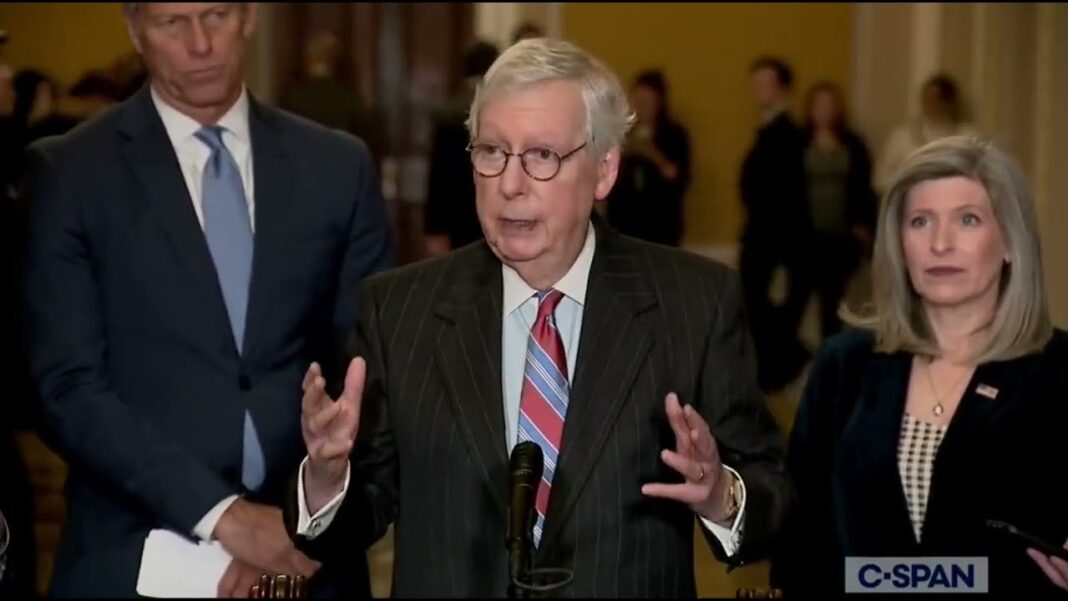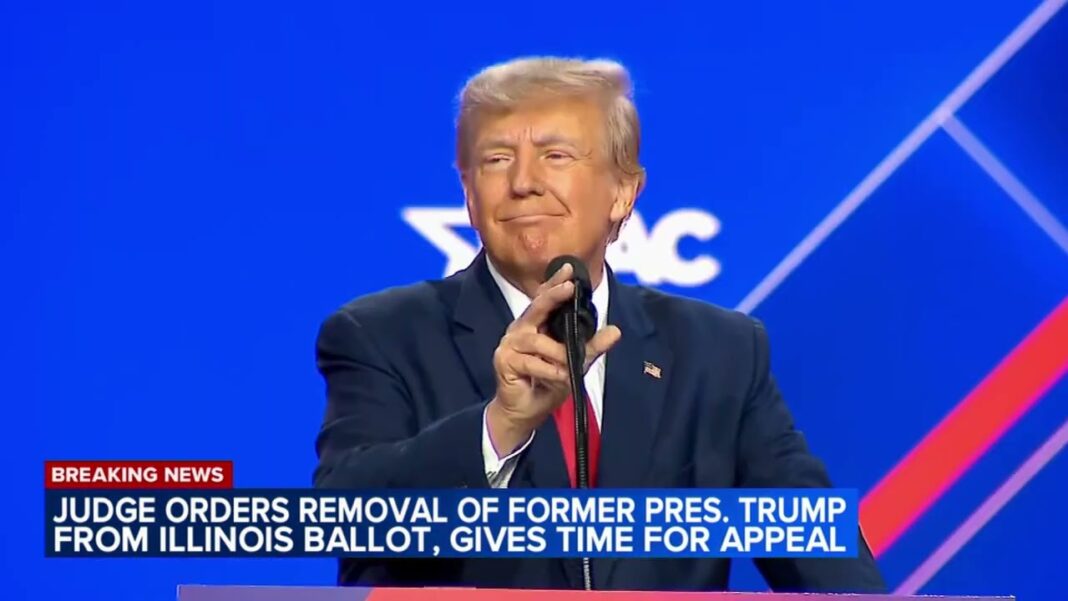Parts of the government would be funded through March 8 while the rest would be funded through March 22.
Congressional leaders have struck a deal to avert a government shutdown.
The development was announced in a joint Feb. 28 statement by House Speaker Mike Johnson (R-La.), Senate Majority Leader Chuck Schumer (D-N.Y.), House Minority Leader Hakeem Jeffries (D-N.Y.), and Senate Minority Leader Mitch McConnell (R-Ky.), along with leaders from the House and Senate appropriations committees.
However, another continuing resolution to fund the government at current levels will need to be passed, they said. Parts of the government would be funded through March 8 while the rest would be funded through March 22.
This is to allow for the appropriations committees to hammer out the final text.
“Negotiators have come to an agreement on six bills: Agriculture–FDA, Commerce–Justice and Science, Energy and Water Development, Interior, Military Construction–VA, and Transportation–HUD,” the announcement said.
“After preparing final text, this package of six full year Appropriations bills will be voted on and enacted prior to March 8,” they continued. “These bills will adhere to the Fiscal Responsibility Act discretionary spending limits and January’s topline spending agreement.”
A final text is expected to be available by the weekend. Mr. Johnson’s office did not respond to an inquiry seeking the spending levels for those six appropriations bills.
“The remaining six Appropriations bills—Defense, Financial Services and General Government, Homeland Security, Labor–HHS, Legislative Branch, and State and Foreign Operations—will be finalized, voted on, and enacted prior to March 22,” the leaders said.
Funding that expires at midnight on March 2 relates to the Department of Veterans Affairs, Department of Transportation, Department of Agriculture, and Department of Housing and Urban Development.
The rest of the government funding expires at midnight on March 9 and affects the Department of Defense, Department of Education, Department of Labor, Department of Justice, Department of Health and Human Services, Department of Interior, Department of Homeland Security, Department of State, and Department of Commerce.






